
Representation
Being represented in court by a lawyer typically results in a better outcome, so first try to obtain legal assistance.
Your local County Bar Association can refer you to an attorney who handles your type of matter.
If you cannot afford an attorney, contact your local Legal Services organization to see if you are eligible for free advice or representation.
If you live in Middlesex, Mercer, or Union County: Call CJLS for help – CONTACT US
Avoiding Repercussions
Ignoring a Credit Card Debt Lawsuit Can Lead to Serious Financial Repercussions.
Once you are served with a “Complaint,” you have 35 days to file an “Answer.”
If you don’t file an Answer you will be in “Default”
After the case goes into “Default” the creditor will obtain an award of money called a “Default Judgment.”
Judgments are valid for 20 years.
A Judgment allows the creditor to do the following:
Garnish your wages
Levy your bank account
Put a lien against your home and other property
Filing an “Answer”
You can avoid a Default Judgment by filing an “Answer” to the lawsuit.
Filing an Answer can be relatively simple and self-help forms are available at: https://www.njcourts.gov/selfhelp/selfhelp.html#def-civil
You can file the Answer and other documents online through the Judiciary Electronic Document Submission (JEDS): https://www.njcourts.gov/selfhelp/jeds.html
Common Defenses to Raise in a Credit Card Case:
Know Your Options
You Can Always Resolve the Debt by negotiating a settlement, but first, ask yourself … is it in my interest to pay this particular credit card debt?
If you have other debts, you may want to either pay the other debts first, or file for bankruptcy.
For example, student loans, tax debt and child support are generally, not eliminated by bankruptcy so you may want to tackle those obligations first.
You also may want to prioritize your rent, mortgage or utility bills if you are having trouble paying basic living expenses.
If you have a lot of debt and you have income or assets you want to protect, you should consider filing for bankruptcy. Bankruptcy will eliminate or “discharge” most kinds of debt, including credit card and medical debt.
Negotiating with Debt Collectors
Even if you owe the full amount and don’t have a defense, you can still negotiate with debt collectors.
If you are able to pay a good portion of the debt, try offering lower lump sum as a final settlement.
Many debt collectors prefer a lump sum that is less than the full amount as a final settlement, rather than waiting for the full over time.
If you can’t afford a lump sum, you should still try offering less than the full amount over a short period of time – perhaps a period of 2 to 4 months.
Even if the debt collector will not take less than the full amount, you can almost always negotiate a payment plan based on what you can afford – even a payment plan over a period of years.
You Settled Your Case … What Next?
For more information or for further assistance, please contact Central Jersey Legal Services.
Mercer County: (609) 695-6249
Middlesex County: (732) 249-7600
Union County: (908) 354-4340
